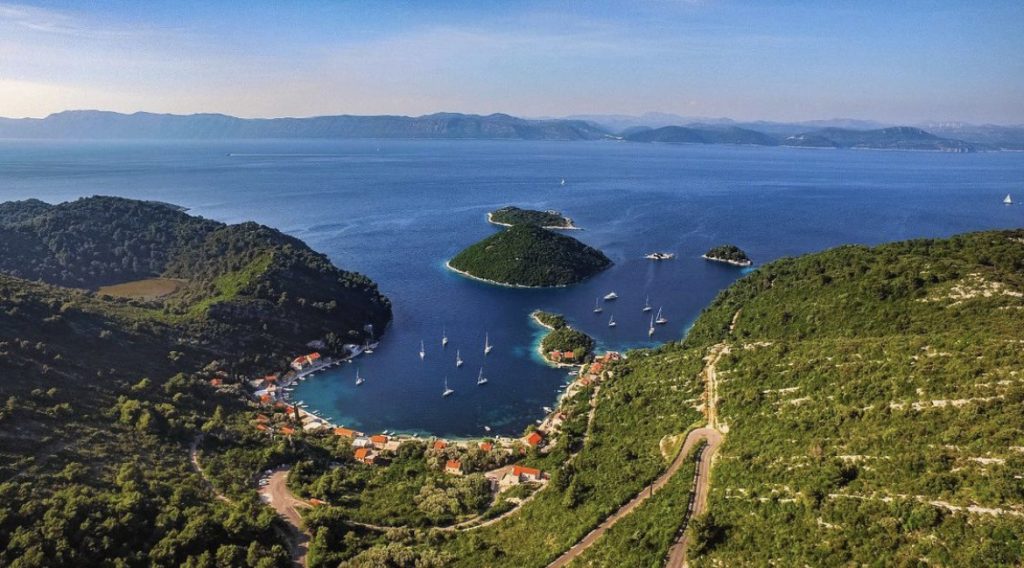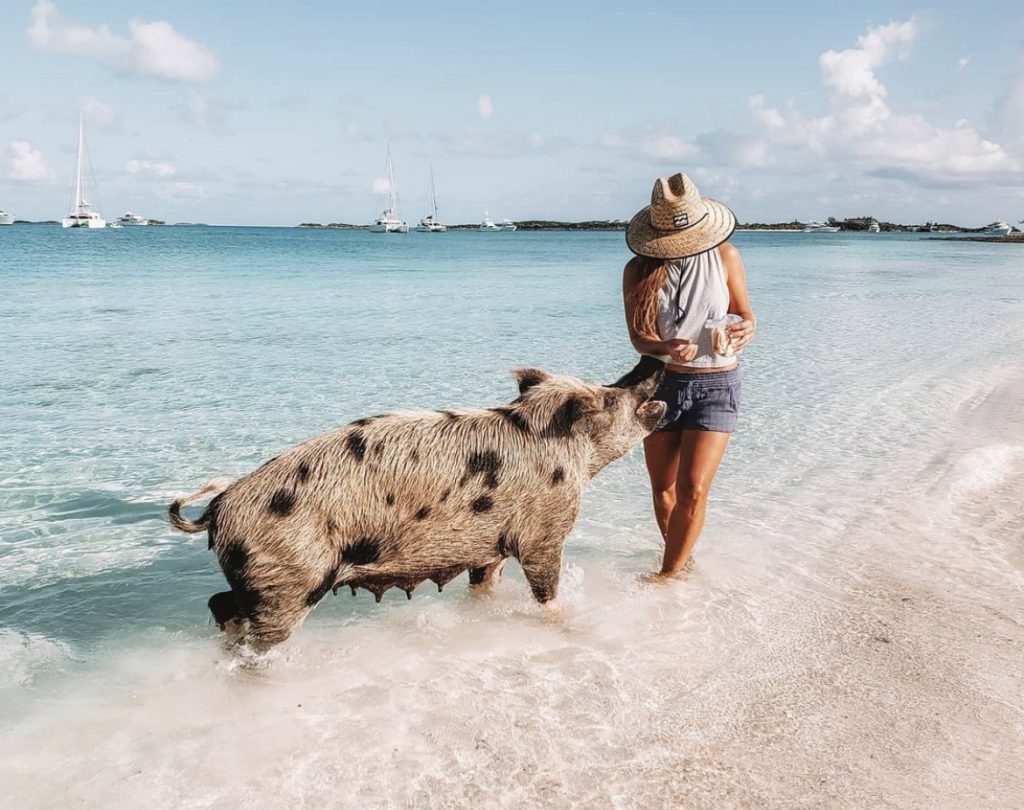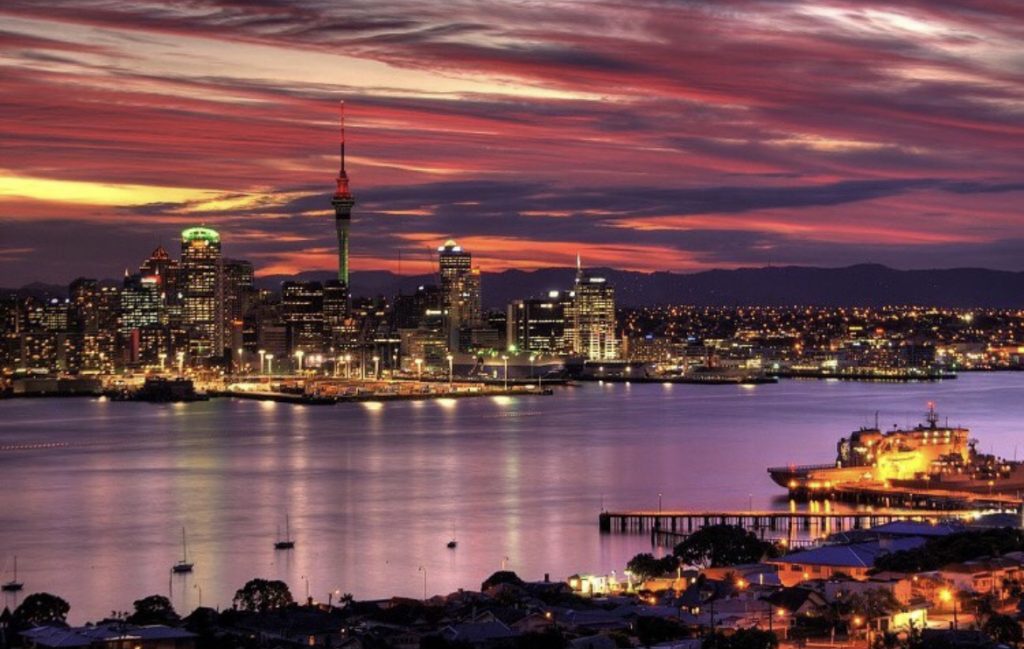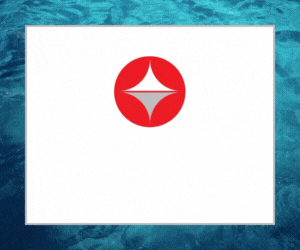Do you know where to find the latest travel restrictions?
Trips abroad have become a thing of the past for most in the last two years. The stress of globe-trotting during the pandemic is just a little too much, leaving people opting for a staycation instead. Unfortunately for superyacht crew, staying put is just not a choice we have had. For those of you who are continuing to travel across the globe, here’s what you’ll need to know about common areas of travel and where to find the latest ever-changing restrictions.
Here, we will provide you with the current restrictions our most commonly travelled countries have in place. Although, we advise you to continue checking the linked websites for updates as these restrictions are changing continuously:

United Kingdom
The United Kingdom currently has a traffic light system in place. The rules you must follow depend on which countries or territories you have visited or travelled through in the 10 days before arriving in England. As of the 16th of August, if you’re fully vaccinated or under 18, you will not need to self-isolate in the UK following close contact with someone who has COVID-19. However, you will still need to take a PCR test and self-isolate if it’s positive.
For more information, visit: www.gov.uk/foreign-travel-advice
France
France is now allowing vaccinated tourists into the country. You must show proof of a negative PCR test upon arrival. Unvaccinated travellers will need to quarantine for 7 days after arrival. Fully vaccinated travellers do not need to self isolate but must complete a ‘sworn statement’ and proof of vaccination.
For more information, visit the Franch Government website, here
Italy
The easing of restrictions means that tourists who wish to travel to Italy (from certain regions) and those who have had a vaccination won’t need to quarantine on arrival. However, you may need proof of a negative PCR test. This doesn’t account for the entry to Italy from the UK.
For more information, find the latest restrictions Italy has in place here.
Montenegro
Easing restrictions means that tourists who wish to travel to Montenegro from certain regions and those who have had a vaccination won’t need to quarantine on arrival but may need to provide evidence of a negative PCR Test.
For more information, visit Montenegro foreign travel advice here or current travel bans in Montenegro here.
United States
They have extended the border closure between Canada and Mexico to August the 21st. A travel ban to the US and Islands of Hawaii remains in place. Most can’t enter the USA if they have been in the UK, Ireland, Schengen zone, Iran, Brazil, China, South Africa or India within the previous 14 days. US citizens and permanent residents of the USA, certain specified close family members and certain other limited categories of visas holders are exempt. They will still be able to enter the USA, subject to normal entry requirements.
US citizens will need to get a COVID test no more than 3 days before their flight departs and present a negative result or documentation of having recovered from COVID-19 to the airline before boarding the flight. Fully vaccinated travellers with an FDA-authorized vaccine should also get a viral test 3 to 5 days after travel. Unvaccinated people should get tested with a viral test 3 to 5 days after travel and self-quarantine for a full 7 days after travel.
For more information, visit the CDC website here or visit the UK travel advice website here.
Bahamas
Fortunately, all foreign travellers have had the all-clear to return to the Bahamas with no quarantine requirements, provided they can show proof of vaccination. However, travellers staying in the Bahamas for over 5 days will be required to take a PCR test and complete daily health questionnaires.
For more information, visit www.bahamas.com/travelupdates.

The British Virgin Islands
Easing restrictions means that tourists who travel to the BVI’s from certain regions will not need to quarantine. This is providing they have had their full vaccination for 14 days. You will not need to quarantine on arrival or provide a negative test result but will have to take a PCR test within 5 days of arrival to the islands.
For more information, visit visits the UK government website, here
South Africa
Although implementing strict health procedures, South Africa has reopened their borders to travellers that can present a negative PCR test within 72 hours before arrival. They do not expect you to quarantine if the PCR result is negative. South Africa has stated that masks will remain mandatory throughout the country.
For more information, visit the South African government website here
Australia
Australia will continue to implement their restrictions until mid-2022. The country’s border remains closed. That being said, Travellers who have been in New Zealand for at least 14 days before the date of departure can travel to Australia. A cruise ship ban permitting entry through Australian waters has also been extended until the 17th of September 2021.
For more information, visit the Australian Department of Health website here. For vessel entry requirements, go here or here.
New Zealand
New Zealand’s border is currently closed to almost all travellers to help stop the spread of COVID-19. The rule may vary for citizens of New Zealand and their immediate families who wish to enter from high-risk countries. The country is currently in Alert Level 4, meaning they are in Full Lockdown as they have recently had 1- confirmed community cases.
For more information on getting into New Zealand as a New Zealand citizen, go here.

For more articles on travel, click here.









.gif)











